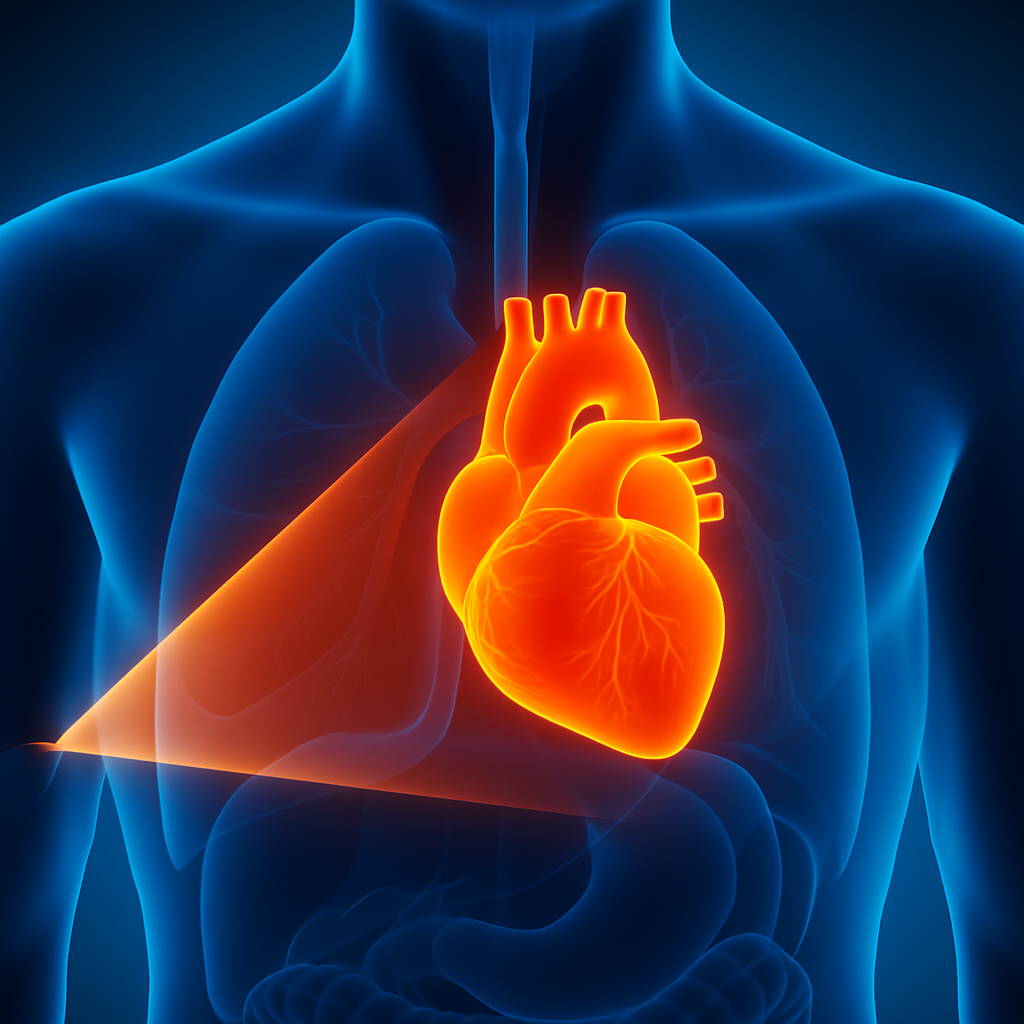Echocardiogram
An echocardiogram is a test that uses sound waves to create pictures of the heart. It can help doctors check the size of the heart's chambers and the thickness of its walls. It can also show if there are any problems with the heart valves, such as leaks or blockages.
A 3-lead EKG is another test that helps evaluate the heart. It looks at the electrical activity of the heart and can detect any irregularities or abnormalities in its rhythm.
An echocardiogram can be used to further investigate signs or symptoms of various conditions. It can detect issues like thickened heart walls, abnormal heart wall motion, problems with the heart valves, changes in blood flow, and enlarged arteries connected to the heart. It can also assess how well the heart is squeezing, which can indicate if it is weak.
This test can help determine the risk of coronary artery disease, heart attacks, congestive heart failure, congenital heart defects, valve problems, aortic blockages, high blood pressure in the lungs, and fluid buildup around the heart.















